‘The greatest year of sport ever’: five headline grabbers from 2021
Highs and lows from both on and off the pitch
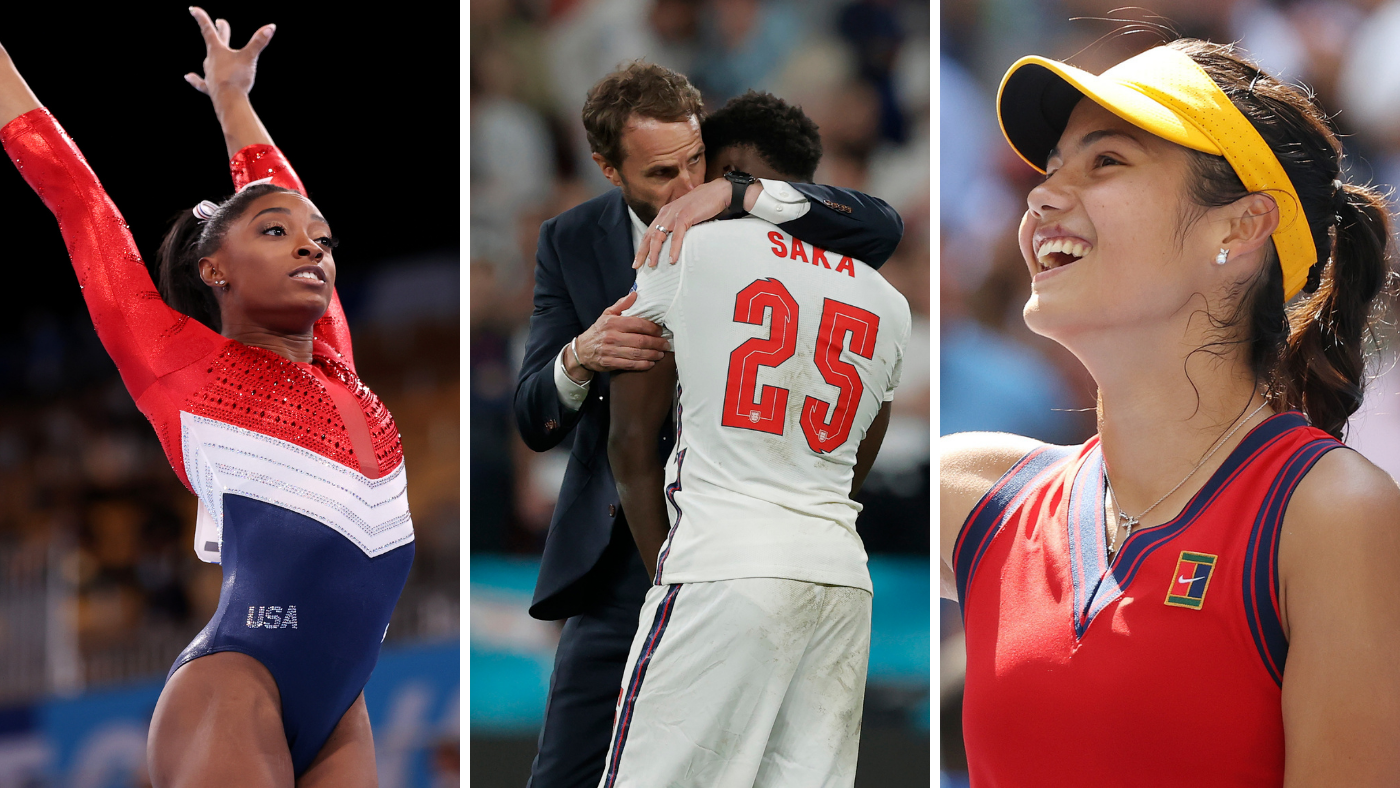
A free daily email with the biggest news stories of the day – and the best features from TheWeek.com
You are now subscribed
Your newsletter sign-up was successful
As the New Year dawned, the pandemic was still raging across much of the globe, and its impact upon sport was starkly apparent – stadiums remained empty, athletes were subjected to an array of health restrictions. Yet there was one marked difference from the previous year, said The Times: the return of elite-level sport, albeit minus the fans.
In fact, owing to the myriad disruptions of 2020, the year’s calendar was far more packed than usual, said Adam Shergold in the Daily Mail. The Euros, the Olympics, the Ryder Cup and a “multitude of rearranged events from 2020” had to be fitted in alongside all the returning “annual favourites”. With so much action in the offing, some commentators even predicted that 2021 would prove the “greatest year of sport ever”.
For the first few months, it didn’t turn out that way, not for English teams at any rate, said The Daily Telegraph. England’s cricketers had a torrid time in India, going down 3-1 in the Tests and losing two white ball series. England’s rugby team flopped in the Six Nations and finished fifth. The title did, however, go to another home nation: the superb Welsh side.
The Week
Escape your echo chamber. Get the facts behind the news, plus analysis from multiple perspectives.

Sign up for The Week's Free Newsletters
From our morning news briefing to a weekly Good News Newsletter, get the best of The Week delivered directly to your inbox.
From our morning news briefing to a weekly Good News Newsletter, get the best of The Week delivered directly to your inbox.
As for football, the final months of the season were marred by the uproar that erupted after it transpired that Europe’s richest clubs – including England’s “big six” – were planning to form a breakaway European Super League. Had the plan succeeded, Liverpool, Chelsea, Arsenal, Manchester United, Manchester City and Tottenham would have become members of a “closed” league, from which they could never have been ejected.
The plan was a grotesque betrayal of one of the sport’s key principles, said Martin Samuel in the Daily Mail: that no club, no matter how illustrious, can cut itself off from the footballing “pyramid”. It would have created a “plastic competition, watched by plastic fans, of plastic clubs”.
Thankfully, fans across Europe mounted a furious backlash – and within days the project was shelved. Nine of the teams, including all six English ones, went on – as Uefa, European football’s governing body, put it – “to acknowledge that the Super League project was a mistake and apologise to fans”.
Here are the wins – and the losses – from the last 12 months in sport.
A free daily email with the biggest news stories of the day – and the best features from TheWeek.com
1. Joy and agony at the Euros
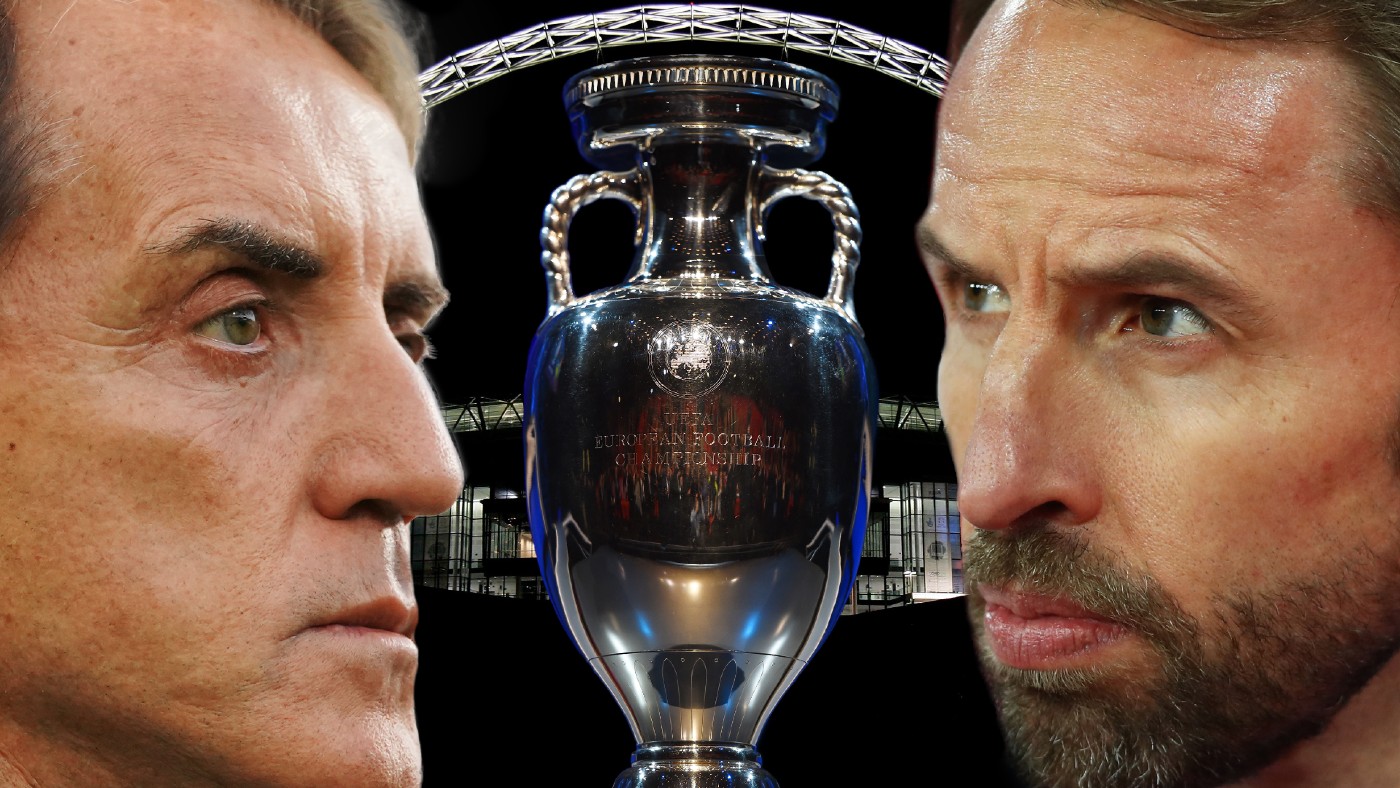
It was the Euros, held in June and early July, that finally gave English fans something to cheer about, said Matt Dickinson in The Times. Gareth Southgate’s side played with a consistency and tactical nous that has so often been lacking in the national team. Having overcome Croatia – their conquerors in the 2018 World Cup semi-final – in the group stage, they claimed an even bigger scalp in the last 16 by beating Germany 2-0.
One of the great things about that match, said Barney Ronay in The Guardian, is that it coincided with a significant lifting of restrictions, so that for the first time in more than a year, England were able to play in front of a sizeable home crowd. As Wembley’s stands rose in “chest-beating joy” to applaud second-half goals from Raheem Sterling and Harry Kane, one felt a wonderful sense of long-delayed relief.
After that, the draw opened up for England, said David Hytner in The Guardian: en route to the final they beat Ukraine 4-0 and then, in the semi-final, Denmark 2-1. To the joy of England fans, they also dominated Italy in the early part of the final, Luke Shaw scoring a fine early goal. But the Italians clawed their way back into contention and in the 67th minute they equalised. Almost inevitably, it went to penalties, said Oliver Brown in The Daily Telegraph. Just as inevitably, the national team then displayed their immense capacity “for shooting themselves in the foot from 12 yards out”.
Although Jordan Pickford twice managed to block Italian efforts, misses from Marcus Rashford, Jadon Sancho and Bukayo Saka gifted the title to Roberto Mancini’s side. Southgate took a lot of flak for mishandling the endgame – he brought on Rashford and Sancho so late in the day that their penalties were virtually their first kicks of the ball. Even so, this was a deeply encouraging tournament for England, who will be “legitimate contenders” at next year’s World Cup in Qatar.
2. Withdrawals and last-gasp defeats
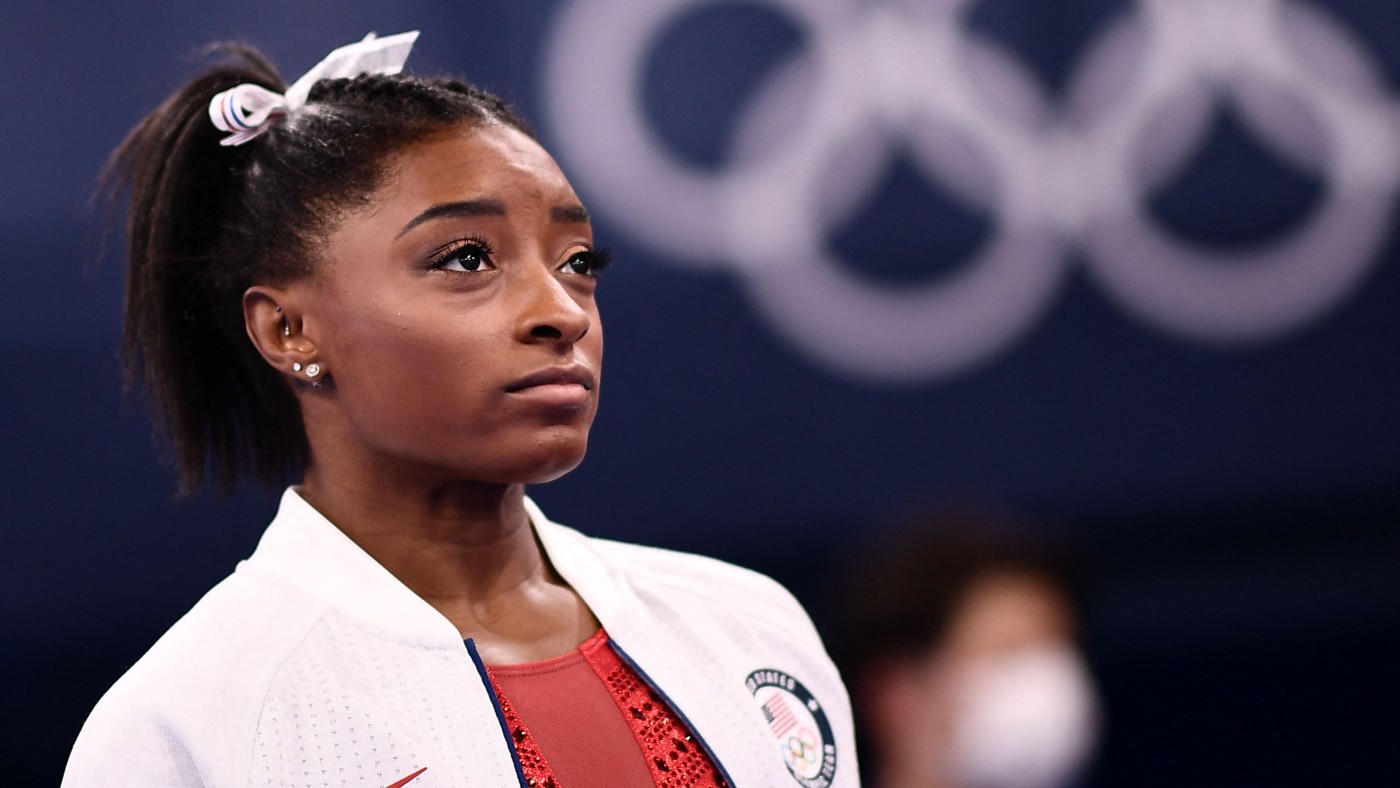
Some of the biggest sporting headlines of 2021 were generated by athletes denied the victories that had seemed there for the taking, said Joe Drape in The New York Times. Perhaps the most notable loss of all was that suffered by US gymnast Simone Biles, who’d been expected to be the star performer of the Tokyo Olympics.
The 24-year-old had won four golds at Rio in 2016 and had dominated the sport ever since. But while attempting an ambitious vault in the women’s team final, she lost her way mid-air, and mangled the move. She then withdrew from all remaining events except one – the balance beam final, where she earned a bronze medal. She’d been suffering, she said, from “the twisties” (a mental block that causes gymnasts to lose spatial awareness mid-move), and she wasn’t in the right “head space” to compete.
For England’s cricketers, there was heartbreak in November, in the semi-finals of the T20 World Cup, said Simon Burnton in The Guardian. Facing New Zealand – whom they’d dramatically beaten in the final of the 2019 50-overs World Cup – Eoin Morgan’s men looked assured of victory with four overs to go: chasing England’s 166-4, the Black Caps still needed 57 runs. But then all-rounder Jimmy Neesham smashed 27 from 11 balls and New Zealand won with an over to spare. “We’re devastated,” said Morgan. “We’ve played against Jimmy a lot and he’s not struck the ball like that against us ever.”
At the end of the year, Lewis Hamilton was denied a record-breaking eighth Formula 1 title by “the most bewildering of late plot twists”, said Owen Slot in The Times. Tied on points with Max Verstappen going into the season-ending Abu Dhabi Grand Prix, Hamilton looked a shoo-in for the title when he led by 12 seconds with five laps to go. But then another driver crashed, the safety car was called and for the next four laps, drivers followed the safety car in a line round the track. With one lap to go, normal racing resumed – and Verstappen, by now on Hamilton’s tail, overtook the Englishman to claim his maiden title.
3. Bumper Olympics for Team GB
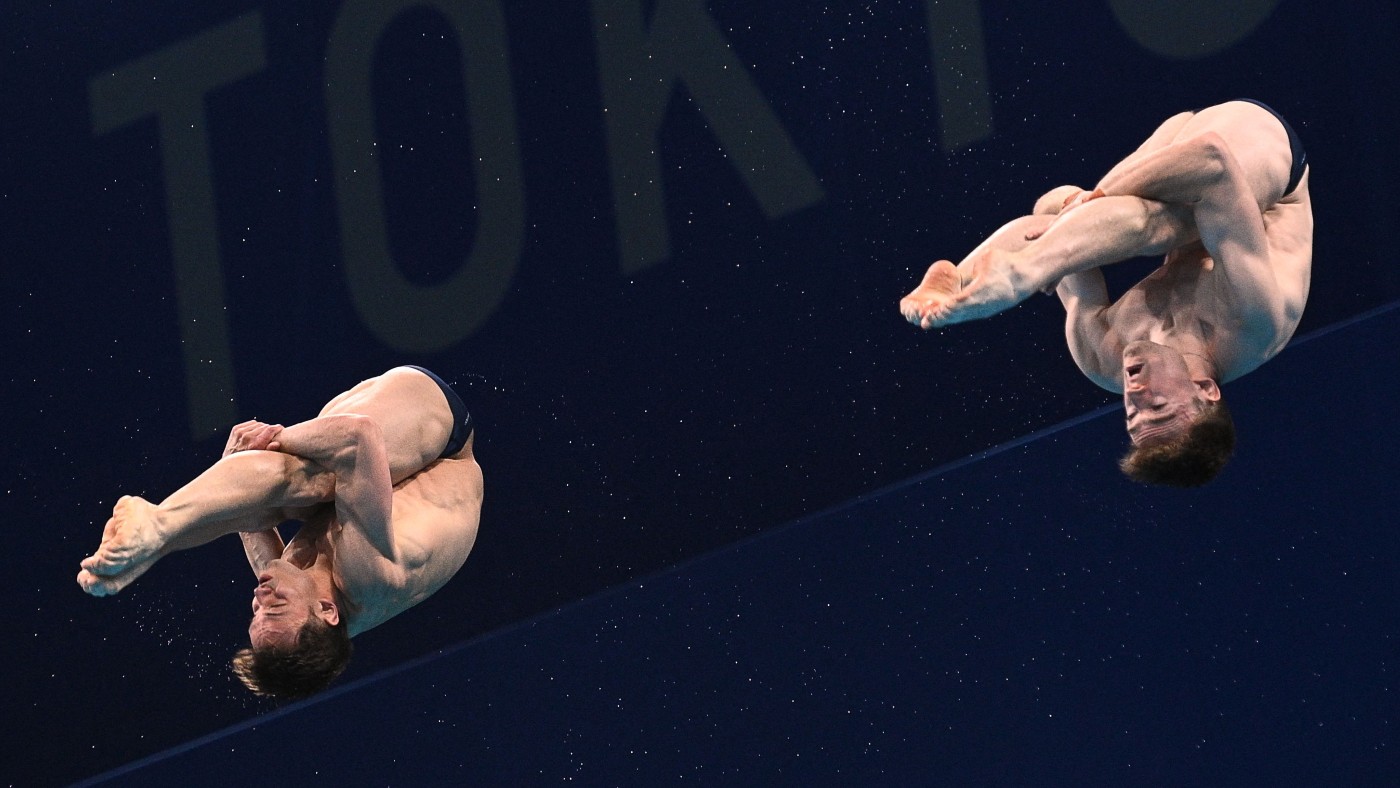
Hard on the heels of the Euros came the delayed Tokyo Olympics, said Ben Bloom in The Daily Telegraph. This was certainly one of the oddest Olympics ever: it was played out in front of empty stadiums, as Japan battled a fourth wave of Covid infections.
Yet it was a bumper one for Team GB, whose haul of 65 medals – equalling the tally at London 2012 and just two short of the 67 won in Rio in 2016 – far exceeded expectations. In cycling, Jason Kenny’s gold and silver took him ahead of Bradley Wiggins as Britain’s most decorated Olympian. Diver Tom Daley – competing, at 27, in his fourth Olympics – won his first ever gold, in the synchronised 10m platform. And swimmer Adam Peaty further consolidated his status as one of Britain’s greatest athletes by defending his title in the 100m breaststroke and winning two further golds in medley events.
Overall, however, Tokyo 2020 marked a shift for Team GB, said James Gheerbrant in The Times. Britain’s medal hauls in recent Olympics have hitherto relied disproportionally on two elite, “lavishly funded” sports–track cycling and rowing. In Tokyo, that wasn’t the case: Britain’s rowers had a “disastrous” Olympics, claiming just one silver and one bronze, and the cycling team won far fewer medals than usual. Instead, Team GB’s successes were evenly distributed across a wide range of sports–including such “relatable, accessible” ones as BMX (which yielded four medals) and boxing (six).
Adding further lustre to this more egalitarian profile were the many inspiring backstories among Britain’s medal-winners – not least that of BMX gold medallist Bethany Shriever, 22, who received no funding from Team GB and had to support herself while preparing for the Olympics by working as a teaching assistant.
4. A New York fairytale
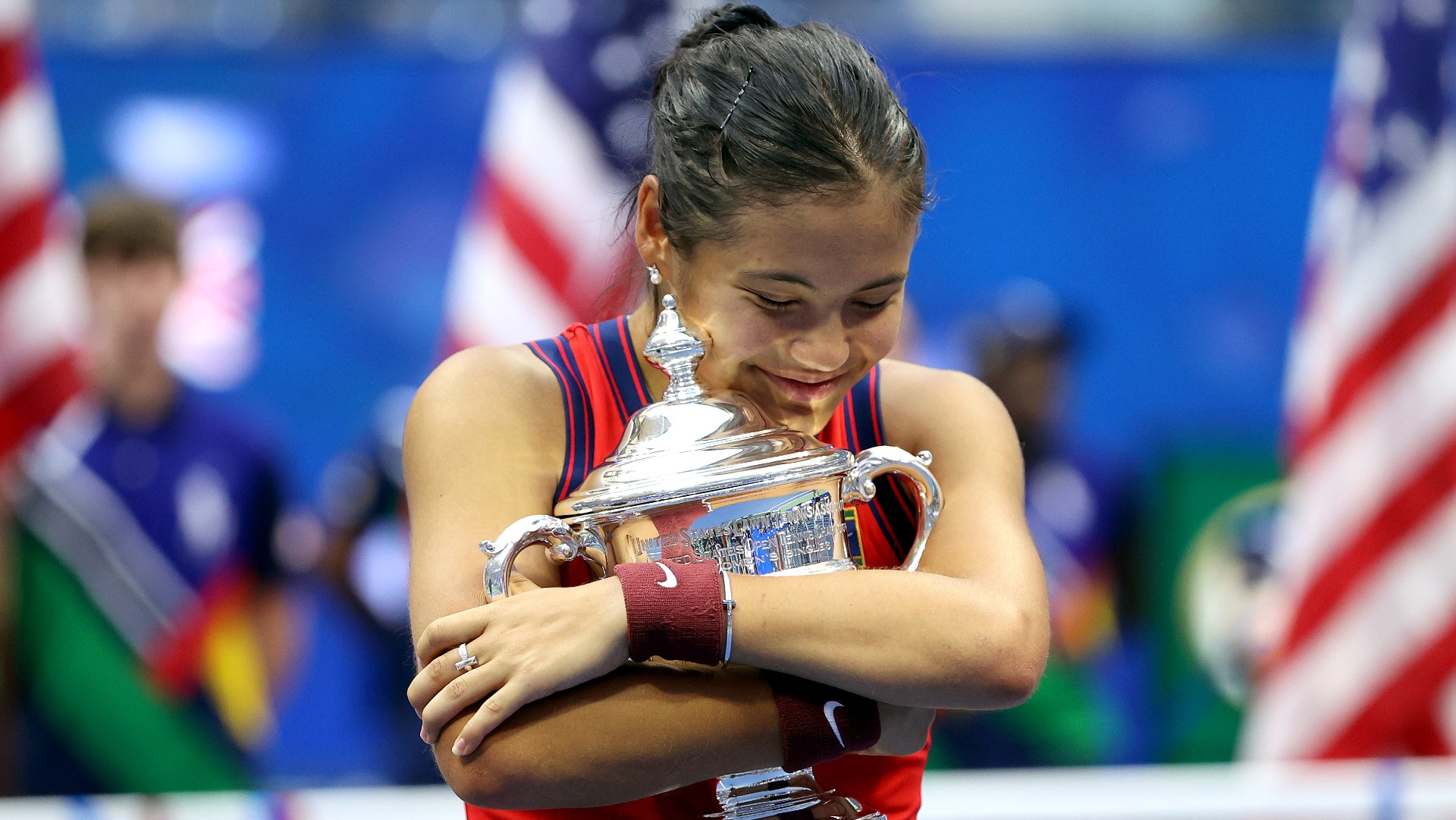
The autumn brought arguably the year’s greatest sporting triumph – and certainly its most surreal, said Tumaini Carayol in The Guardian. In June, Emma Raducanu had virtually no experience as a professional tennis player – she was ranked 366 in the world – and was in the process of sitting A levels in maths and economics. Then she gained a last-minute wild card to Wimbledon, and made the tennis world sit up and take notice by making it through to the second week at SW19.
However, her run was ended when breathing difficulties forced her to retire in the fourth round against Ajla Tomljanovic – prompting some to question whether the 18-year-old had the temperament to succeed on the big stage.
Those people looked pretty foolish two months later, said Simon Briggs in The Daily Telegraph. Having won three matches to qualify for the US Open, Raducanu then ripped through the main draw. One higher-ranked opponent after another was blown away, unable to cope with the teenager’s power and athleticism – most evident on her stunning returns of serve. She reached the final without dropping a set (or even being pushed to a tie-break) and then repeated the feat against 19-year-old Leylah Fernandez (herself a surprise finalist), sealing a 6-4, 6-3 victory with an ace.
Raducanu's transformation over a ten-week period – from “breathless at Wimbledon to breaktaking in New York” – may well be the “most gloriously unlikely story ever told in British sport”, said Oliver Brown in The Daily Telegraph. It was also unprecedented in tennis history: no player of either sex who had competed in the qualifying rounds of a Grand Slam tournament had ever gone on to win the whole event.
With her intelligence, charisma and winning smile, the Mandarin-speaking Raducanu is the complete package, said Sean Ingle in The Guardian. Within days of her victory, there was already speculation that she could become “Britain’s first billion-dollar sports star”.
Whatever career she goes on to have, there’s no doubt that British women’s tennis will benefit enormously from her US Open victory, said Mike Dickson in the Daily Mail. The women’s game has been in the doldrums for decades, lacking players of real calibre – and certainly none on a par with Tim Henman or Andy Murray. As the “Raducanu effect” takes hold, that is surely about to change.
5. The extraordinary power of the ‘Gypsy King’
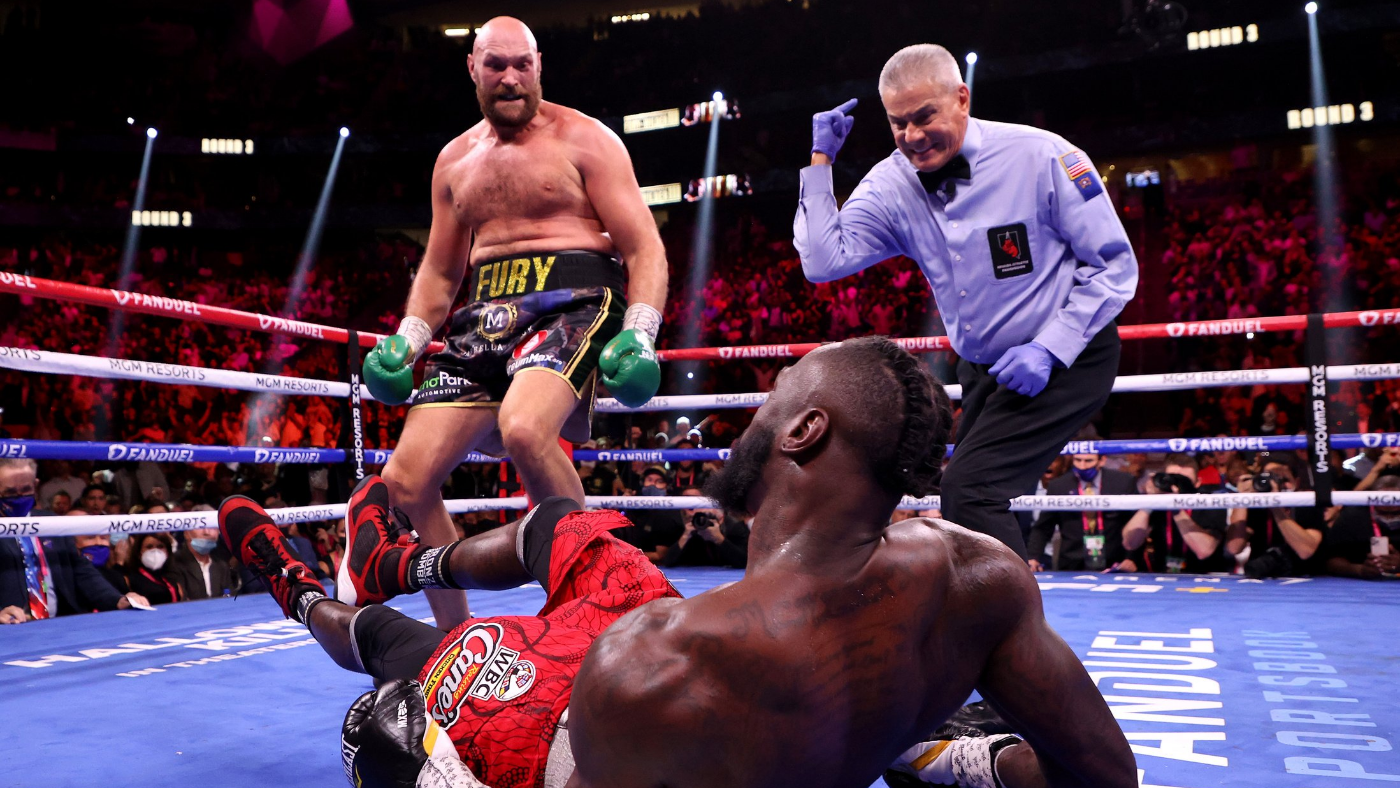
What an “inexhaustible riddle” is the heavyweight Tyson Fury, said Riath Al-Samarrai in the Daily Mail. A “flabby giant who moves like a dancer”, he has alienated many with his bigoted attacks on homosexuals and “Zionist Jewish people”. Yet his talents as a boxer are undeniable. The “6ft 9in fighter who has never lost” is increasingly looking like one of the all-time greats.
And in October, this most controversial of British athletes returned to the ring to take on Deontay Wilder for the third time, said Bryan Armen Graham in The Guardian. It proved to be an all-time classic of the sport, an epic, bruising, see-sawing encounter that ended in round 11, when Fury knocked out his opponent.
The “Gypsy King” had to work for his victory, said Donald McRae in the same paper. Twice, in the fourth round, he was floored by Wilder’s “terrifying” right hand. Yet his superior versatility and ring-craft eventually told. Deploying the jab brilliantly, he deluged the 36-year-old Wilder with punches. With “immense bravery”, the Alabamian kept going even when bloodied and exhausted, yet was unable to “land a last thunderous right hand”. Fury proved, unequivocally, that he’s the “superior fighter”.
With this victory, Fury retained the WBC heavyweight title he wrested from Wilder in their second fight in 2019, said Rick Broadbent in The Times. Soon he’ll surely try to become undisputed boss of the division by taking on the holder of the three other heavyweight belts – the Ukrainian Oleksandr Usyk.
-
 The ‘ravenous’ demand for Cornish minerals
The ‘ravenous’ demand for Cornish mineralsUnder the Radar Growing need for critical minerals to power tech has intensified ‘appetite’ for lithium, which could be a ‘huge boon’ for local economy
-
 Why are election experts taking Trump’s midterm threats seriously?
Why are election experts taking Trump’s midterm threats seriously?IN THE SPOTLIGHT As the president muses about polling place deployments and a centralized electoral system aimed at one-party control, lawmakers are taking this administration at its word
-
 ‘Restaurateurs have become millionaires’
‘Restaurateurs have become millionaires’Instant Opinion Opinion, comment and editorials of the day
-
 The price of sporting glory
The price of sporting gloryFeature The Milan-Cortina Winter Olympics kicked off this week. Will Italy regret playing host?
-
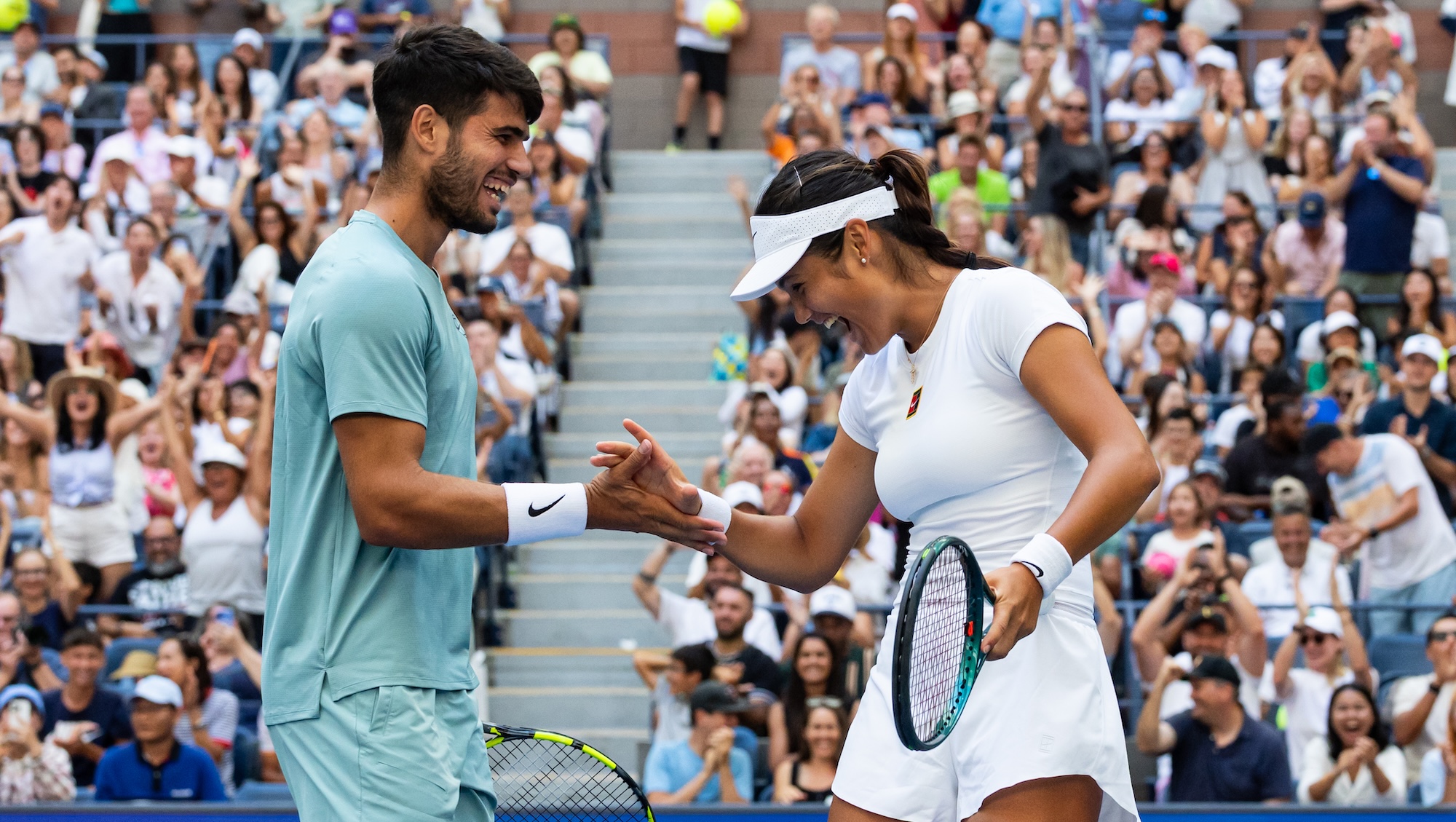 The US Open's controversial 'superstars' doubles format
The US Open's controversial 'superstars' doubles formatTalking Point New shortened competition attracts star pairings and bigger audiences to grand slam tennis event
-
 Hulk Hogan
Hulk HoganFeature The pro wrestler who turned heel in art and life
-
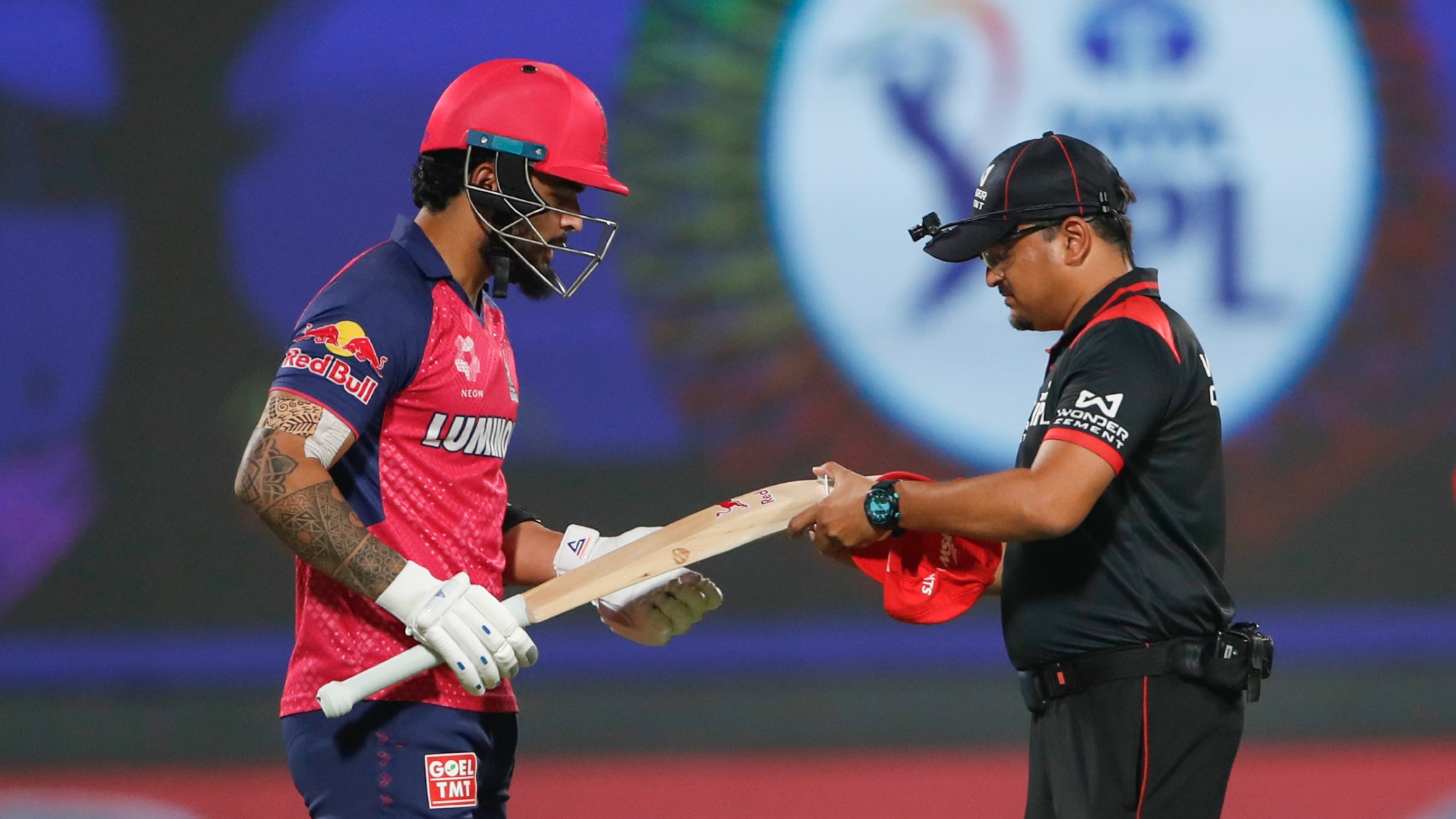 Cricket's crackdown on 'monster' bats
Cricket's crackdown on 'monster' batsIn the Spotlight Indian Premier League has introduced on-pitch checks to ensure bats meet strict size limits
-
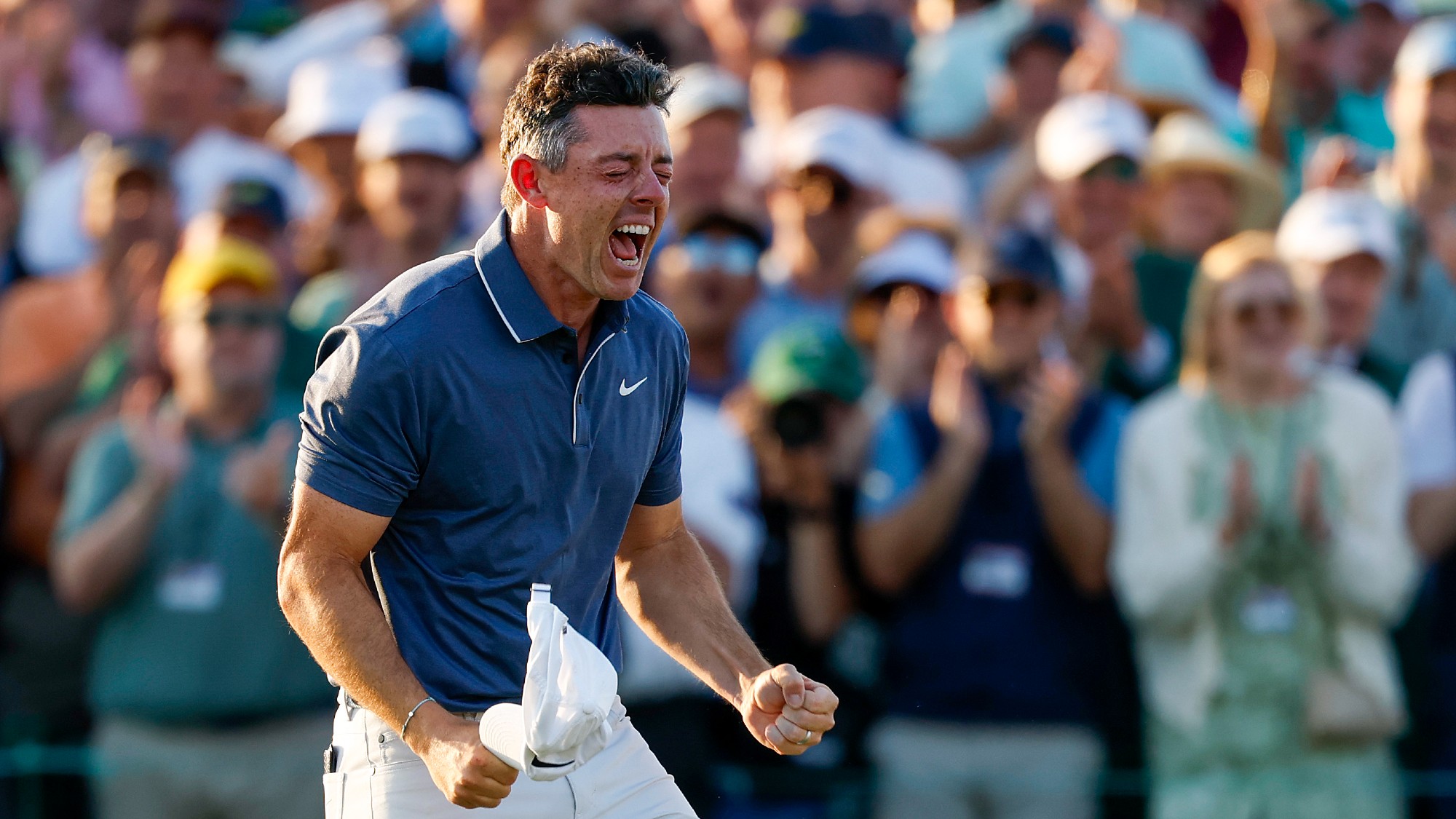 The Masters: Rory McIlroy finally banishes his demons
The Masters: Rory McIlroy finally banishes his demonsIn the Spotlight McIlroy's grand slam triumph will go down as 'one of the greatest and most courageous victories in the history of golf'
-
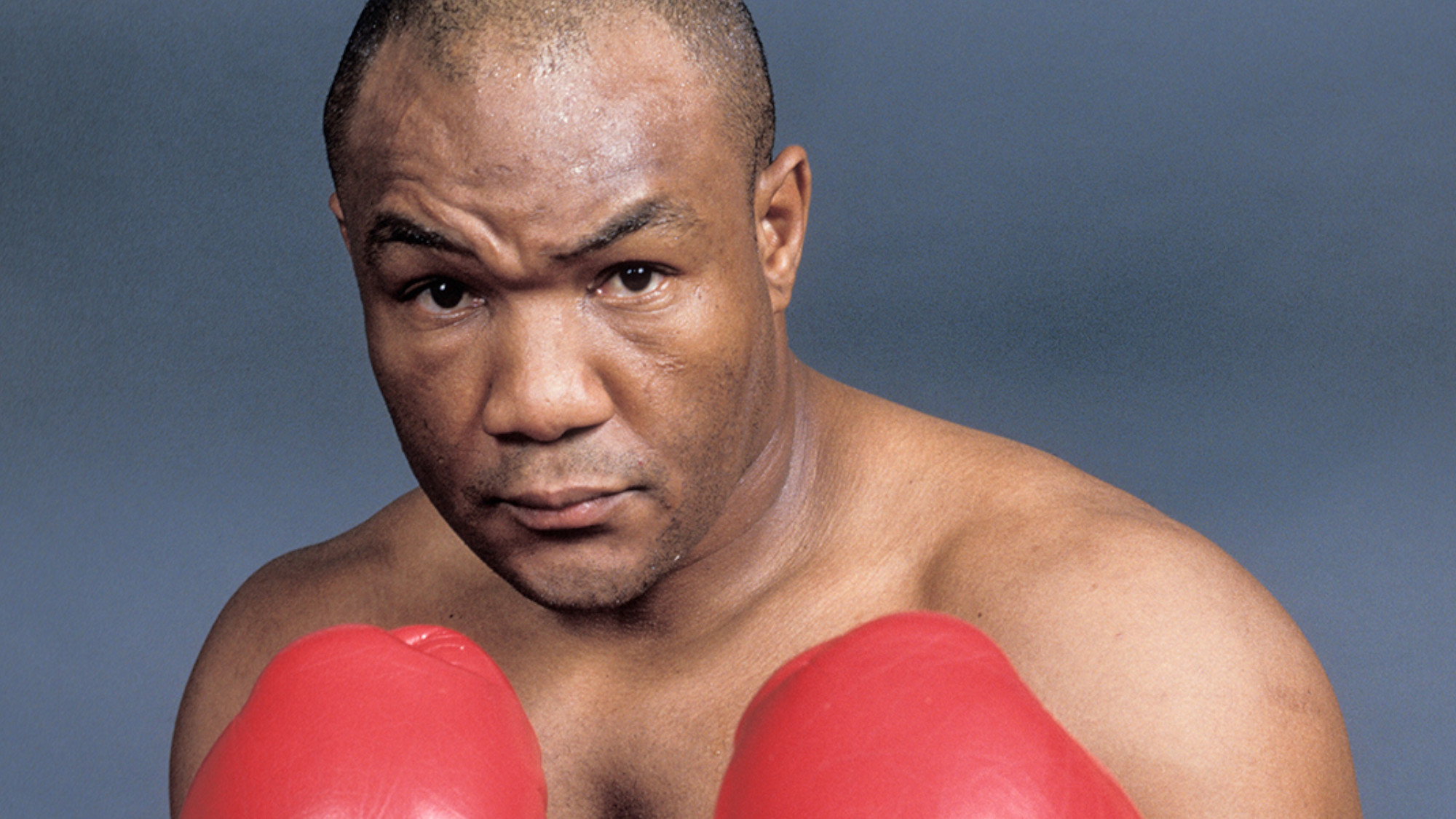 George Foreman: The boxing champ who reinvented home grills
George Foreman: The boxing champ who reinvented home grillsFeature He helped define boxing’s golden era
-
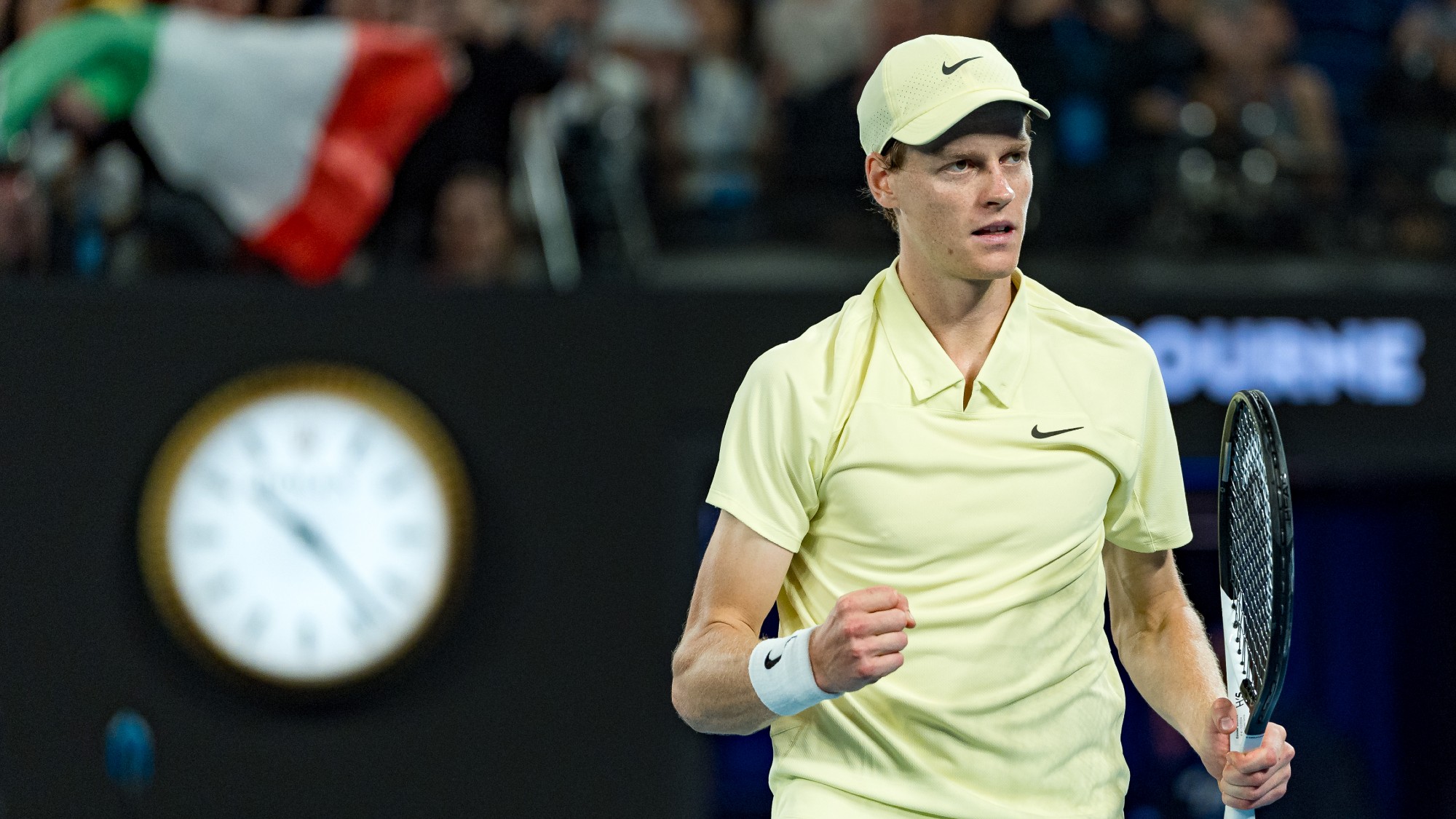 Why Jannik Sinner's ban has divided the tennis world
Why Jannik Sinner's ban has divided the tennis worldIn the Spotlight The timing of the suspension handed down to the world's best male tennis player has been met with scepticism
-
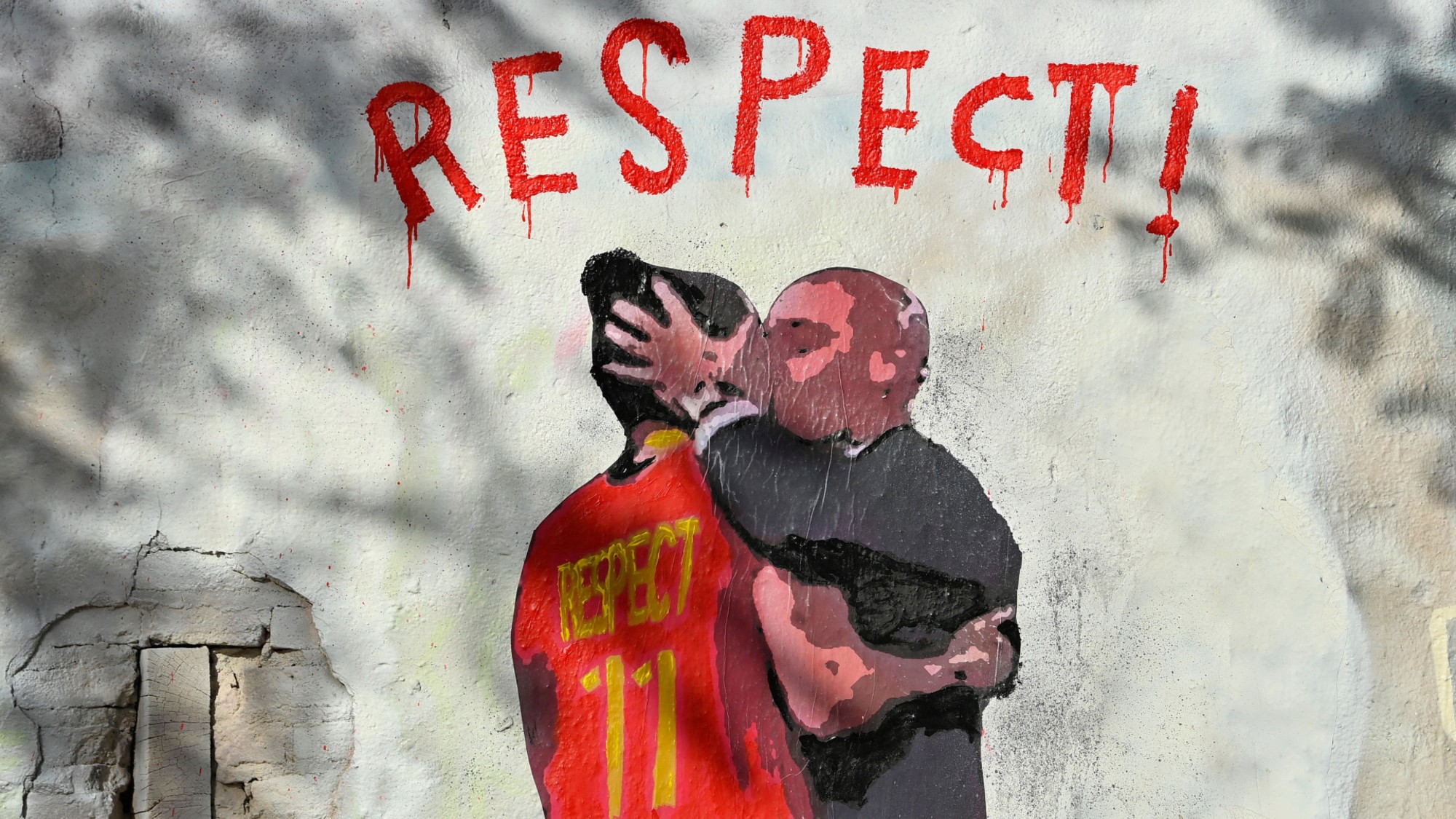 When 'a kiss is not a kiss': Spanish football on trial
When 'a kiss is not a kiss': Spanish football on trialTalking Point Luis Rubiales faces up to two-and-a-half years in jail if convicted of sexually assaulting footballer Jenni Hermoso